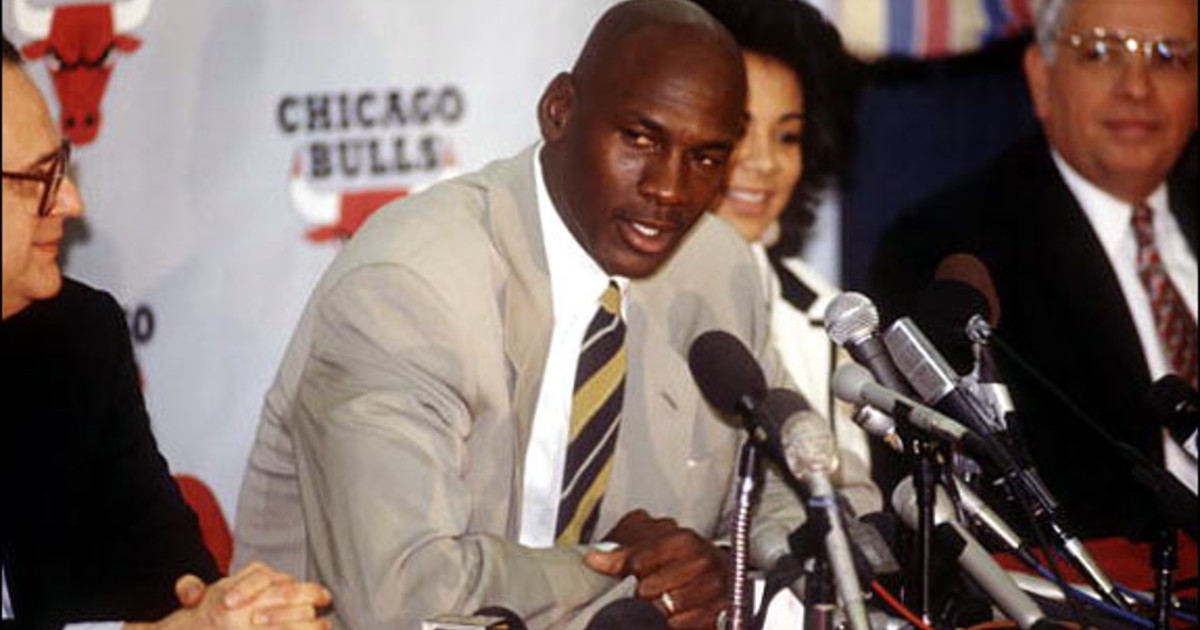John Dempsey is the News Director for 890 WLS in Chicago, and he’s been interviewing interesting people and covering big news stories for years. Back in 1993, he had a front row seat for Michael Jordan’s first retirement press conference.
John Dempsey is the News Director for 890 WLS in Chicago, and he’s been interviewing interesting people and covering big news stories for years. Back in 1993, he had a front row seat for Michael Jordan’s first retirement press conference. It was a moment he got to re-live during the ESPN documentary The Last Dance, when he saw himself center stage in the archival footage.
If you think you can top that story, shoot me an email at GreatestStoryEverPodcast@gmail.com
[fusebox_track_player url=”https://api.podcache.net/episodes/9ce3afe9-91a8-4df8-a9ea-c7642da34209/stream.mp3″ title=”The Greatest Story Ever Podcast – #11: Michael Jordan’s First Retirement with John Dempsey” social_twitter=”true” social_facebook=”true” social_linkedin=”true” social_pinterest=”true” social_email=”true” ]
[fusebox_transcript]




